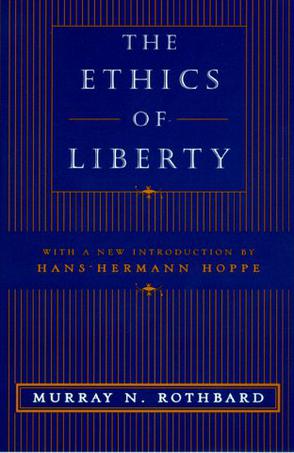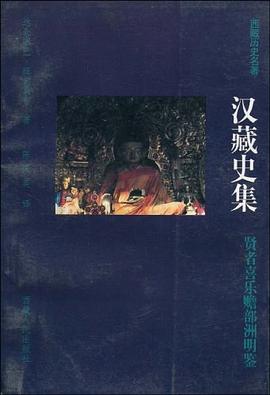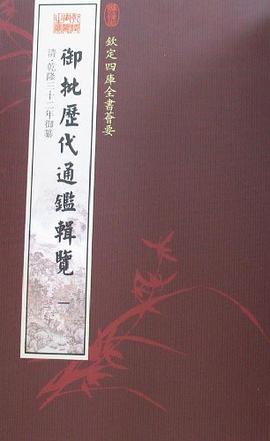The Ethics of Liberty
内容简介
In recent years, libertarian impulses have increasingly influenced national and economic debates, from welfare reform to efforts to curtail affirmative action. Murray N. Rothbard's classic The Ethics of Liberty stands as one of the most rigorous and philosophically sophisticated expositions of the libertarian political position.
What distinguishes Rothbard's book is the manner in which it roots the case for freedom in the concept of natural rights and applies it to a host of practical problems. An economist by profession, Rothbard here proves himself equally at home with philosophy. And while his conclusions are radical—that a social order that strictly adheres to the rights of private property must exclude the institutionalized violence inherent in the state—his applications of libertarian principles prove surprisingly practical for a host of social dilemmas, solutions to which have eluded alternative traditions.
The Ethics of Liberty authoritatively established the anarcho-capitalist economic system as the most viable and the only principled option for a social order based on freedom. This edition is newly indexed and includes a new introduction that takes special note of the Robert Nozick-Rothbard controversies.
......(更多)
作者简介
Murray N. Rothbard, a scholar of extraordinary range, made major contributions to economics, history, political philosophy, and legal theory. He developed and extended the Austrian economics of Ludwig von Mises, in whose seminar he was a main participant for many years. He established himself as the principal Austrian theorist in the latter half of the twentieth century and applied Austrian analysis to historical topics such as the Great Depression of 1929 and the history of American banking.
Rothbard was no ivory-tower scholar, interested only in academic controversies. Quite the contrary, he combined Austrian economics with a fervent commitment to individual liberty. He developed a unique synthesis that combined themes from nineteenth-century American individualists such as Lysander Spooner and Benjamin Tucker with Austrian economics. A new political philosophy was the result, and Rothbard devoted his remarkable intellectual energy, over a period of some forty-five years, to developing and promoting his style of libertarianism. In doing so, he became a major American public intellectual.
......(更多)
目录
Contents:
PART I: Introduction: Natural Law
Natural Law and Reason
Natural Law as "Science"
Natural Law versus Positive Law
Natural Law and Natural Rights
The Task of Political Philosophy
PART II: A Theory Of Liberty
A Crusoe Social Philosophy
Interpersonal Relations: Voluntary Exchange
Interpersonal Relations: Ownership and Aggression
Property and Criminality
The Problem of Land Theft
Land Monopoly, Past and Present
Self-Defense
Punishment and Proportionality
Children and Rights
"Human Rights" as Property Rights
Knowledge, True and False
Bribery
The Boycott
Property Rights and the Theory of Contracts
Lifeboat Situations
The "Rights" of Animals
PART III: The State Versus Liberty
The Nature of the State
The Inner Contradictions of the State
The Moral Status of Relations to the State
On Relations Between States
PART IV: Modern Alternative Theories of Liberty
Utilitarian Free-Market Economics
Introduction: Utilitarian Social Philosophy
The Unanimity and Compensation Principles
Ludwig von Mises and "Value-Free" Laissez Faire
Isaiah Berlin on Negative Freedom
F.A. Hayek and the Concept of Coercion
Robert Nozick and the Immaculate Conception of the State
......(更多)
读书文摘
至少从长远来看,世界是被观念所统治的。很明确的是,自由主义只可能在这种观念广泛传播并且被相当大数目的人们所采纳的情况下取得胜利。因此“教育”成了自由获胜的一个必然条件。
......(更多)






